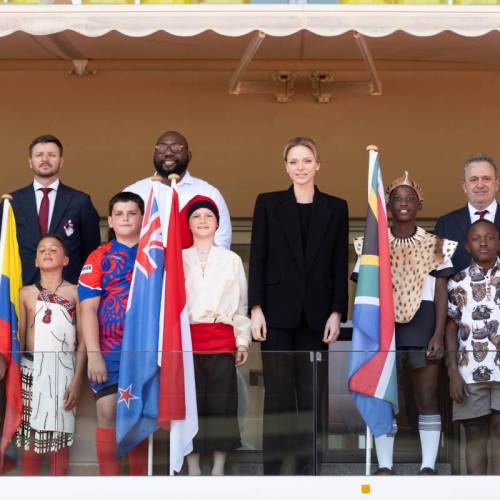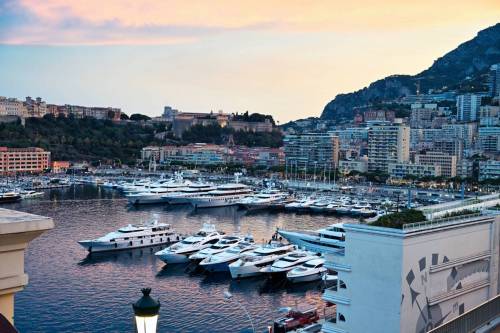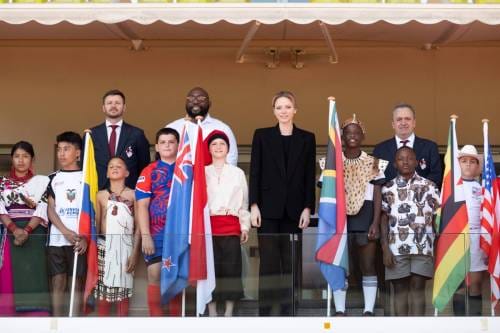Although summer has ended, the warm weather is persisting and people continue to take advantage of the beach. Unfortunately, humans also continue to litter and pollute the beach, an issue The Animal Fund Association is fighting against.
On a short walk along the Cap d’Ail beach, one can quickly spot a large amount of litter, but it’s just a fraction of what can be found in our oceans. For two years, the Animal Fund has taken action against pollution. Most recently, its members gathered for a kayak trip out to sea, not for fun, but to collect litter. An event organized by Berit Legrand, president of the association, who has been fighting for the protection of our planet for many years.

She said that without a clean ocean, we wouldn’t be able to live because the ocean provides more than half of the Earth’s oxygen. The beach recently improved their rules by banning plastic bottles and bags, habits which were already undertaken by Brigitte, who participated in the big Cap d’Ail clean-up operation. “I love nature and protecting nature is clear and obvious. We mustn’t throw litter in nature, we must protect it.”
Armed with life jackets, paddles, buckets and a bit of strength and determination, the group was off on their mission to find pollution. “We don’t need to go too far to see a lot of plastic everywhere, which is surprising because we can’t see it from the shore. But once we’re out in the ocean, its everywhere, unfortunately,” said Annette, who participated in the clean-up.
“I love aquatic activities, so combining pleasure and doing something helpful is great. Everyone can help. If we look, we can see a lot of cigarette butts on the beach, so we can begin by picking up what we see. Even when I’m swimming, if I see something close-by, I’ll collect it and put it in the garbage can. Because it’s rare to go swimming and see nothing,” said Michaela.

Today the term ‘plastic continent’ has been used by scientists to describe the amount of trash found in our oceans. In the water, plastic degrades into millions of polluting nano particles, which are invisible to the naked eye, but can be found in our food. “This experience is worth the effort, because it’s important to do something before we’re all directly or indirectly poisoned by what we eat. Fish absorb everything we throw into the ocean, marine pollution makes up 80% of the world’s pollution. We all have a major role to play,” said Louis.
Despite all the efforts of The Animal Fund, many people continue to throw their garbage onto the beach and into the ocean. Although certain products are biodegradable, many of them take many years to decompose. While living on this Earth, members of The Animal Fund continue to fish for pollution, bringing in a disheartening amount of litter, which should make us all reflect on our actions and how we can protect our planet.








